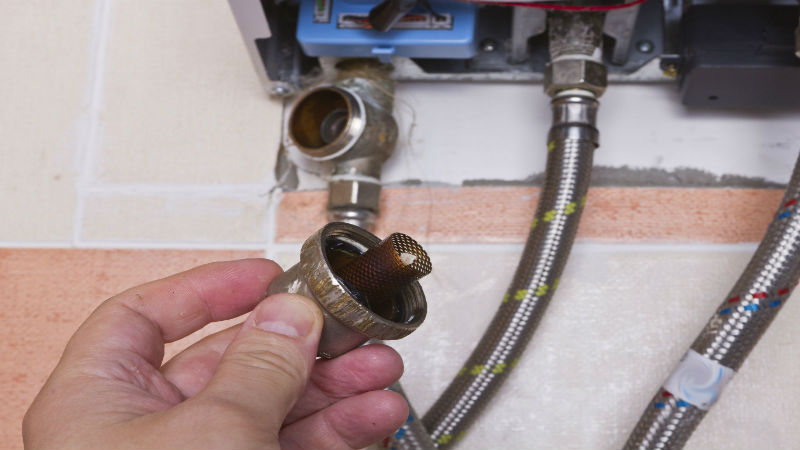The constantly growing technology in the 21st century presents various innovations that maximize convenience in measuring systems. One of these tools is the BTU meter, which is transforming how commercial and residential buildings track their energy costs. As a result, landlords and companies can obtain accurate readings to avoid overbilling the tenant.
How BTU Meters Work
The BTU meter unit uses temperature sensors and a flow meter to record water flow. As water flows through the pipes, the flow meter records the flow rate using thermodynamics and then sends the information to the main unit. Similarly, the temperature sensor will detect and measure the values of the supplying pipes.
Therefore, these measurements give the accurate thermal consumption of all households. Finally, the meter will calculate the cooling and heating measurements and send them to the computer for billing.
Benefits of BTU Meters for Commercial and Residential Apartments
The BTU measuring system eliminates inaccuracies that are common in poor systems. Such systems cost companies and property managers money in the long run. BTU meters simplify the process of calculating various utilities in apartments.
Landlords can record the actual costs to avoid passing the responsibility to tenants. It is a straightforward method for monitoring and managing liquid and air temperatures used in air conditioners.
Commercial buildings can also track their energy costs with accurate, real-time records. BTU meters are also ideal for tracking the consumption rates of heaters and air conditioners. In the long run, these meters provide managers and landlords to identify various ways they can save energy.
An accurate and high-quality meter system is essential for residential, commercial and industrial use. BTU meters are the ideal solution for reliably measuring energy consumption, given their benefits over other flow meters. In addition, installing these meters for new or retrofitted buildings is convenient for managing energy and water use.


